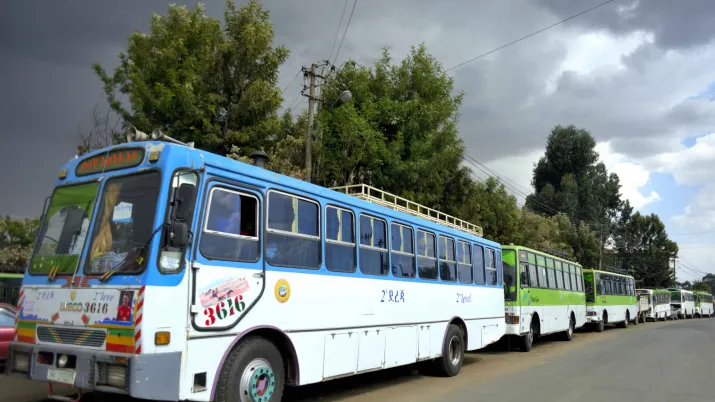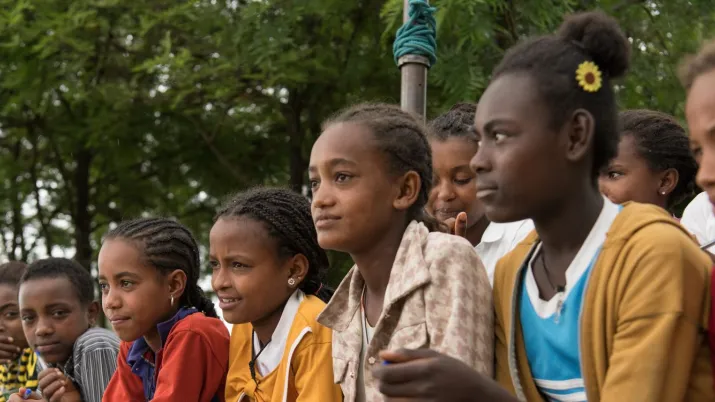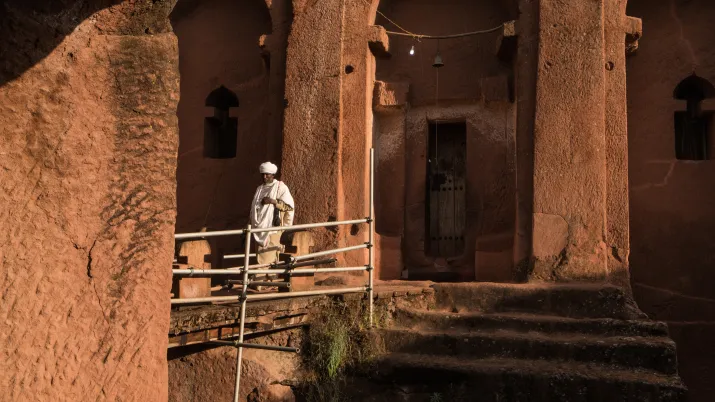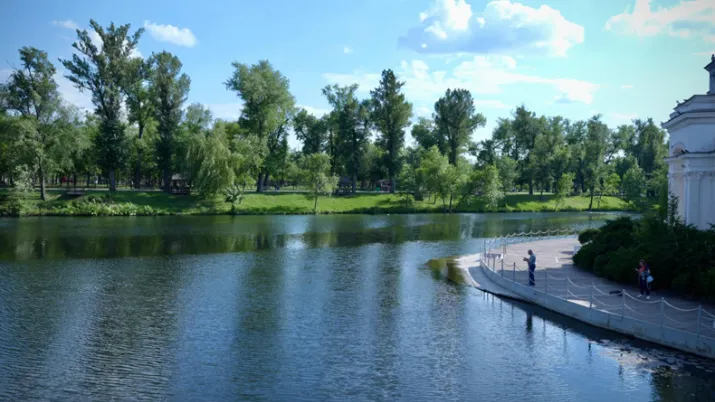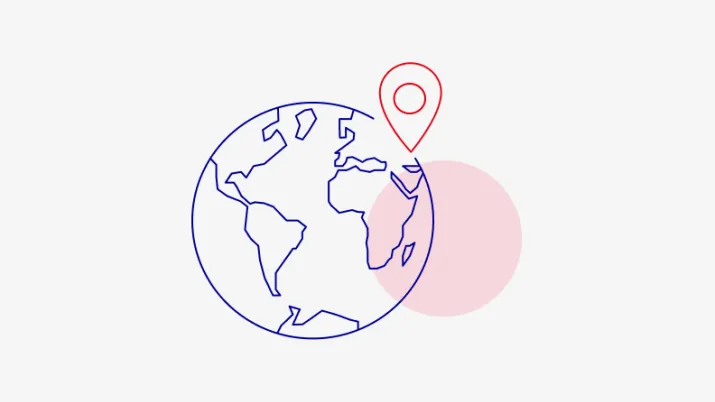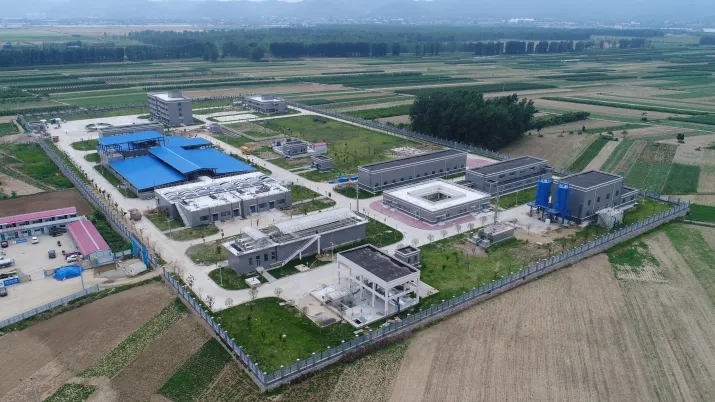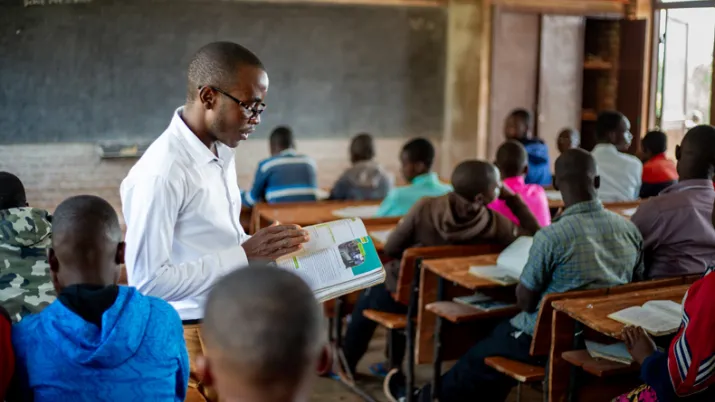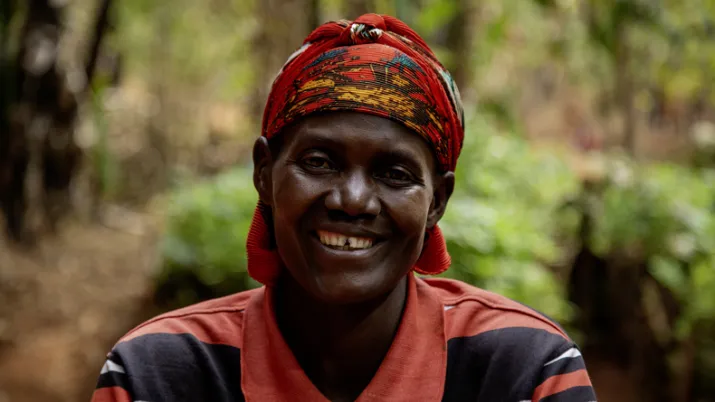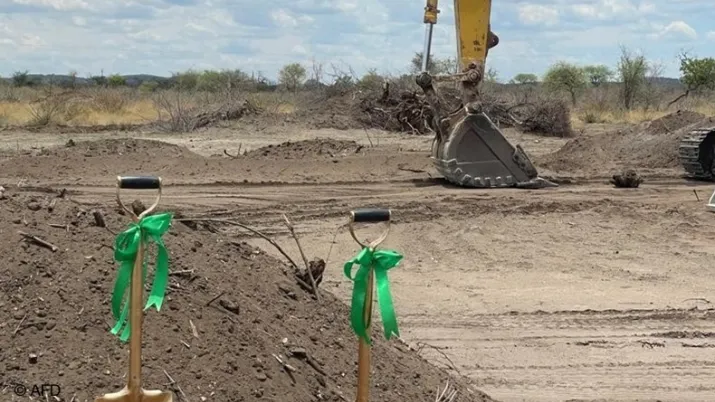Share the page
ETHIOPIA: Second Urban Water Supply and Sanitation Program (UWSSP II) co-financed with the World Bank
Project
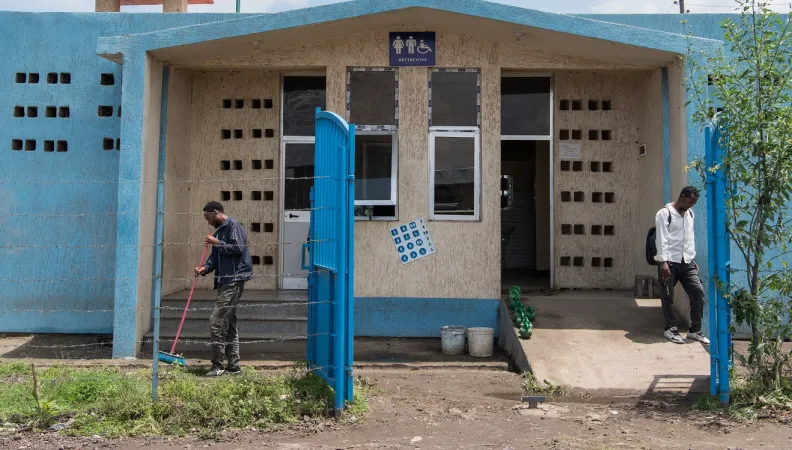

-
Project start date
-
Status
Ongoing
-
Project end date
-
-
Project duration
-
5 years
-
AFD financing amount
-
€ 15 000 000
-
Location
-
Ethiopia
-
Type of financing
-
Beneficiaries
-
Federal Democratic Republic of Ethiopia, Ministry of Finance
The grant, focused on sanitation in secondary towns, will focus financing on the most vulnerable communities and in particular women and girls. The aim is to increase the impact of the UWSSP II program in favor of social inclusion and gender equality.
Context
In 2018, Ethiopia still had an average rate of open defecation of 22%, placing it in 20th place among the countries most impacted by this practice. Of the remaining 78% of the population, 63% have access to unimproved sanitation, while only 14% have access to improved sanitation.
Since 2017, the World Bank has been supporting the implementation of the second Urban Water Supply and Sanitation Program (UWSSP II) in Addis Ababa and 22 secondary cities with the provision of USD 445 million in loans.
Ethiopia intends to strengthen the social impacts of this program in certain secondary cities.
Description
This project will intensify and expand coverage of community-level sanitation efforts in secondary cities by building communal and public latrines in low-income areas. The project will set up a specific program for the most vulnerable neighborhoods enabling individuals to access financing for the installation of latrines or possibly connection to the drinking water network.
The grant will strengthen and expand the Gender Action Plan by fostering participation of women and persons with disabilities in the value chain of water and sanitation services. While also focusing on incorporating gender and disability responsive designs in UWSS infrastructure.
The project will leverage grant funding with existing resources to improve fecal sludge management service chains by exploring opportunities to target micro-enterprise operators to contain, transport, treat and dispose fecal sludge.
Impacts
The project will lead to:
- Building of independent sanitation systems in precarious neighborhoods of secondary towns lacking basic sanitation;
- Increased social well-being of the most vulnerable populations, and reduction in existing social imbalances in terms of access to sanitation;
- Improvement in the living conditions of women and girls and reduced gender inequalities through the specif-ic activities developed around gender issues.



